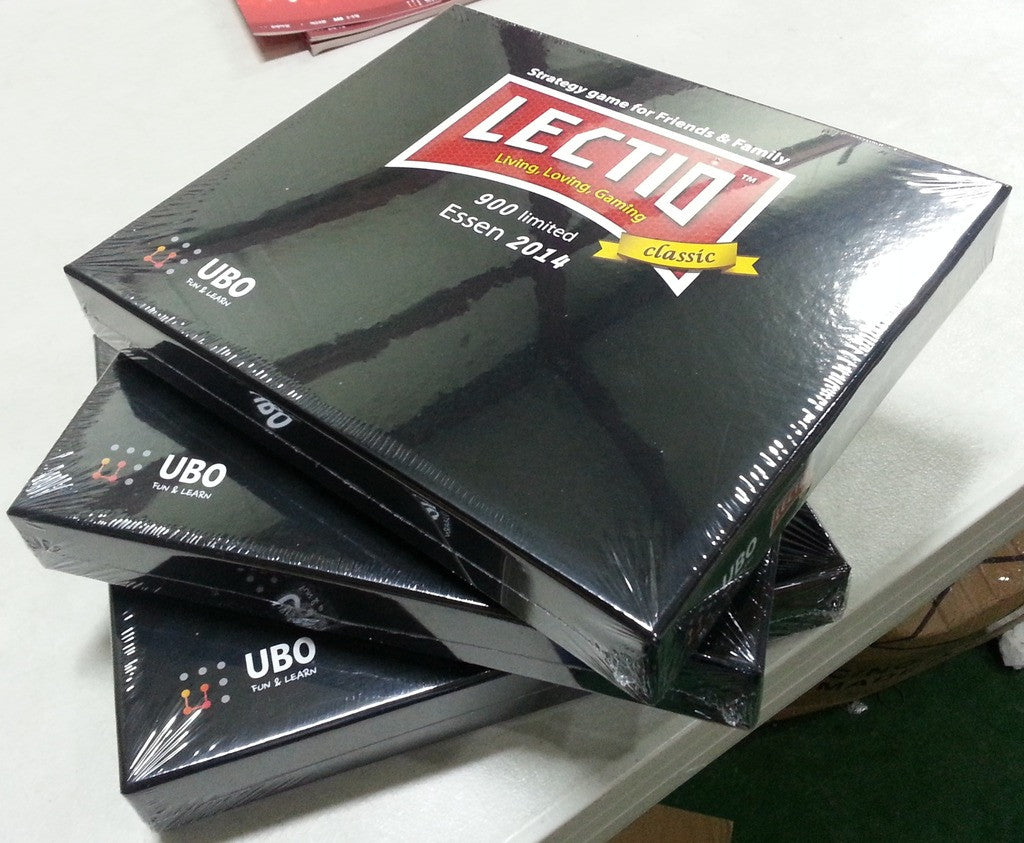Lectio
Products title that includes 'PRE-ORDER' is subject to our Pre-order Policy
Couldn't load pickup availability
Delivery and Shipping
Delivery and Shipping
For more details, please refer to our Shipping and Order Information.
Pre-Order Policy
- Pre-order items are charged at the time the order is placed.
- Prices for pre-order items are subject to change based on final landed costs.
- If the final price is lower, the difference will be refunded to the customer in the form of store credit.
- If the final price is higher, customers will be given the option to either:
- Pay the difference, or
- Cancel the item for a full refund.
- Orders containing pre-order items will be placed on hold until all items in the order are available.
- Once all items have arrived and pricing remains unchanged, the order will be automatically shipped.
- Pre-orders are fulfilled on a first-come, first-served basis.
- If a pre-ordered item becomes unavailable (e.g., the publisher cancels the product), a full refund will be issued.
- Pre-orders may be cancelled and refunded by customers or the store.
- For transactions that are no longer eligible for direct refunds due to payment processor limitations, a store credit will be issued instead.
Description
Description
| Designer | Thomas H. Jung |
| Publisher | UBO CnC |
| Players | 3-5 |
| Playtime | 20 mins |
| Suggested Age | 8 and up |
| Additional Info | BoardGameGeek (Images, Videos, Reviews) |
ETA: Early 2015
Lectio (previously known as Lexio) is based on the traditional Chinese game system of "Zheng Shangyou" – the climbing game – and is virtually the same game as Big Two (also known as Chinese Poker). Many other card games are based on the same mechanism (The Great Dalmuti, Gang of Four, Tichu, etc.), but Lectio uses tiles similar to those in Mah Jong instead of cards, and they are of excellent construction. In accordance with Chinese tradition, the number "2" is the strongest number. The suits are named after the sun, the moon, the stars, and the wind.
In the game, a player leads a tile or set of tiles, and the other players must follow by either playing a higher tile or set of tiles or passing. The play continues until all players have passed in succession after the final play, and the player who played the last set leads next. Play continues until one player has played all of his tiles. Then each player pays chips to those players who performed better – that is, the player who went out will get paid by all other players, and the other players pay points to one another based on the difference in the number of tiles each held at the end of the hand. A game lasts five rounds, and the player at the end of the game with the most points wins.


